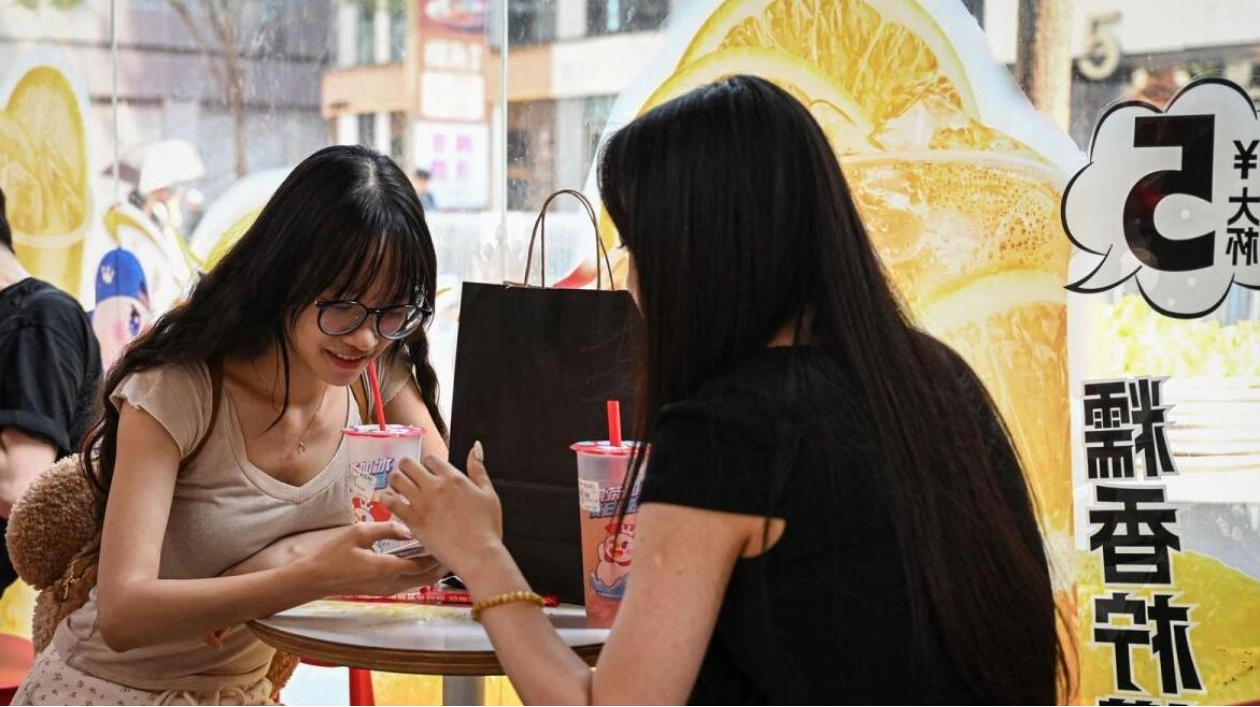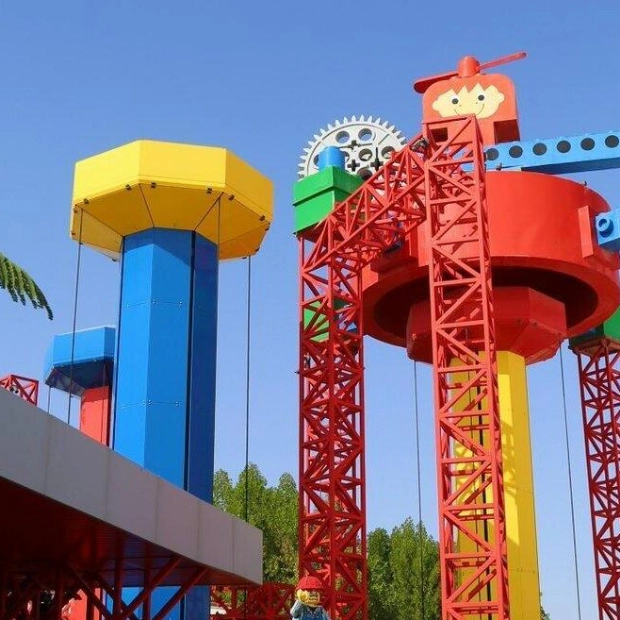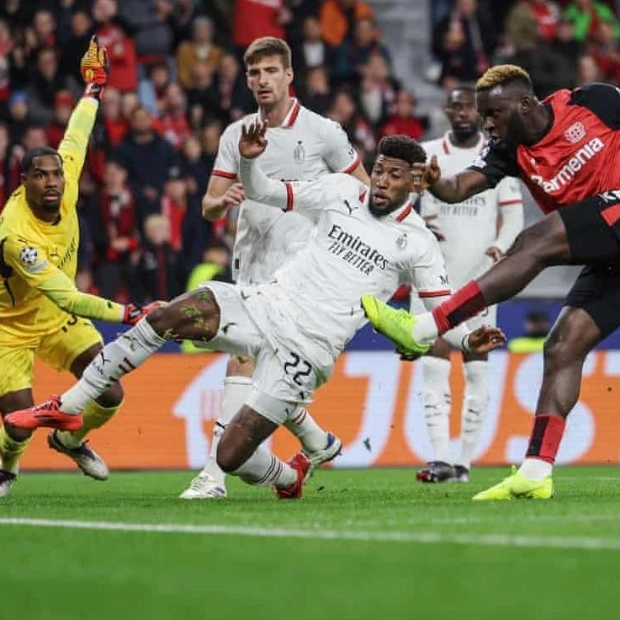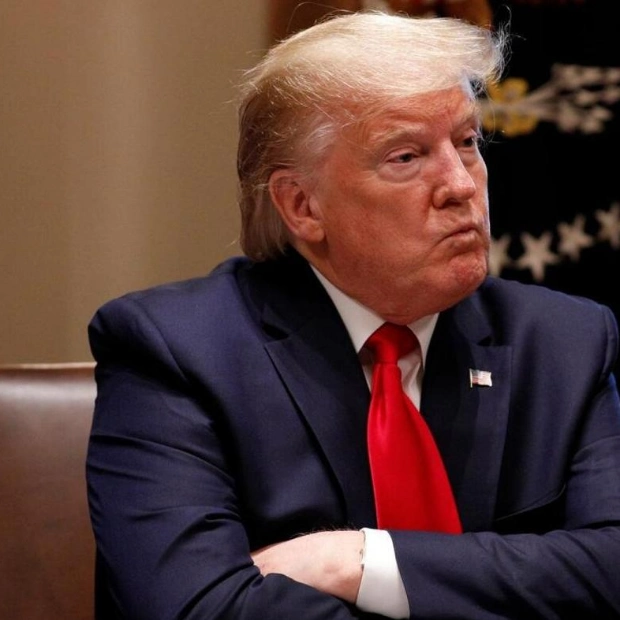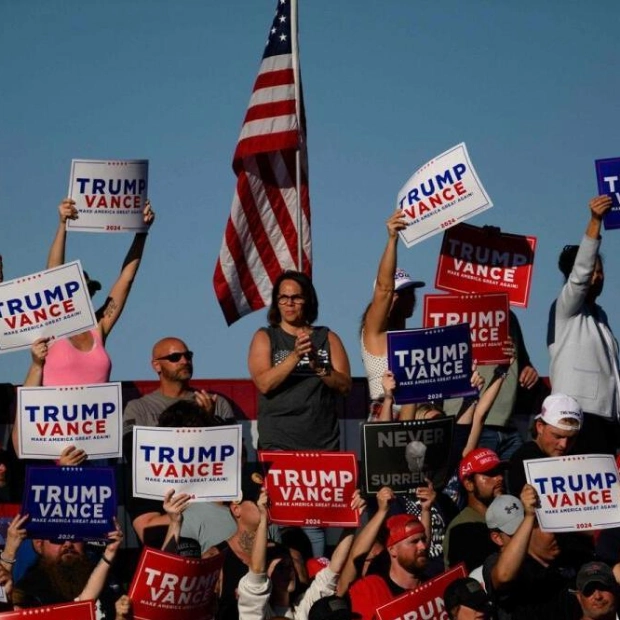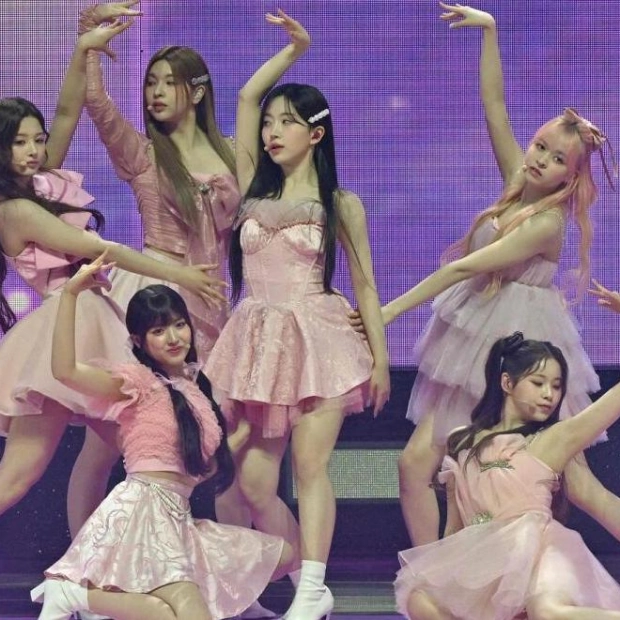Bubble tea, known for its sweet, milky, and colorful appeal, has become a ubiquitous sight in China, with people frequently seen sipping through straws from large plastic cups in high streets and shopping malls nationwide. However, the expansive market is now facing new competition from ultra-cheap products that resonate with China's increasingly frugal young consumers.
Originally featuring tapioca balls and a variety of flavors with or without milk, bubble tea's popularity soared in China alongside the economic boom that enhanced living standards. Yet, post-pandemic economic challenges have made consumers more hesitant to spend, and the Chinese government is struggling to stimulate consumption. Many leading bubble tea chains initially gained popularity with premium products priced between 25 to 40 yuan ($3.50 to $5.50) and flashy branding, symbolizing contemporary urban status. However, the industry, valued at over $21 billion last year, is now being disrupted by low-cost competitors, some offering drinks for as little as $1.
Stacy Chen, a bubble tea vlogger in Hangzhou, notes that the market is saturated, and price reduction is crucial for companies to enhance their competitiveness. Chen, with about 180,000 followers on Xiaohongshu and Douyin, evaluates various beverages in her videos, providing honest reviews on their appearance, taste, and cost. She highlights the abundance of options available to consumers, with numerous tea shops and rapid product releases making it challenging for vloggers to cover all content.
China's bubble tea market has seen explosive growth, with an estimated half million shops nationwide. Mixue Bingcheng, a budget brand founded in 1997, has rapidly expanded to about 32,000 stores in China and over 4,000 in 11 other countries, known for its smiling snowman mascot and bright red signs. Market analyst Evelyne Chang observes that many restaurants and cafes in China are lowering prices to align with consumer spending habits, with Mixue leading in the low-price milk tea segment due to its first-mover advantage and the ensuing price war.
Despite expectations of a post-Covid economic recovery, China faces challenges such as property sector issues and trade tensions, affecting consumer confidence. Retail sales growth remains slow, and unemployment rates are high, raising concerns about a prolonged economic downturn. For young professionals in China's top-tier cities, budget options like Mixue have become more appealing, reflecting a shift towards practical spending.
Vlogger Chen attributes the rise of low-cost bubble tea in part to the growing popularity of domestic coffee chains offering affordable alternatives to premium foreign brands like Starbucks. This has influenced consumer expectations, leading them to seek greater value for their money. Chen questions the need to spend more than 20 yuan on a cup of milk tea when luxury products can be bought for under 10 yuan.
